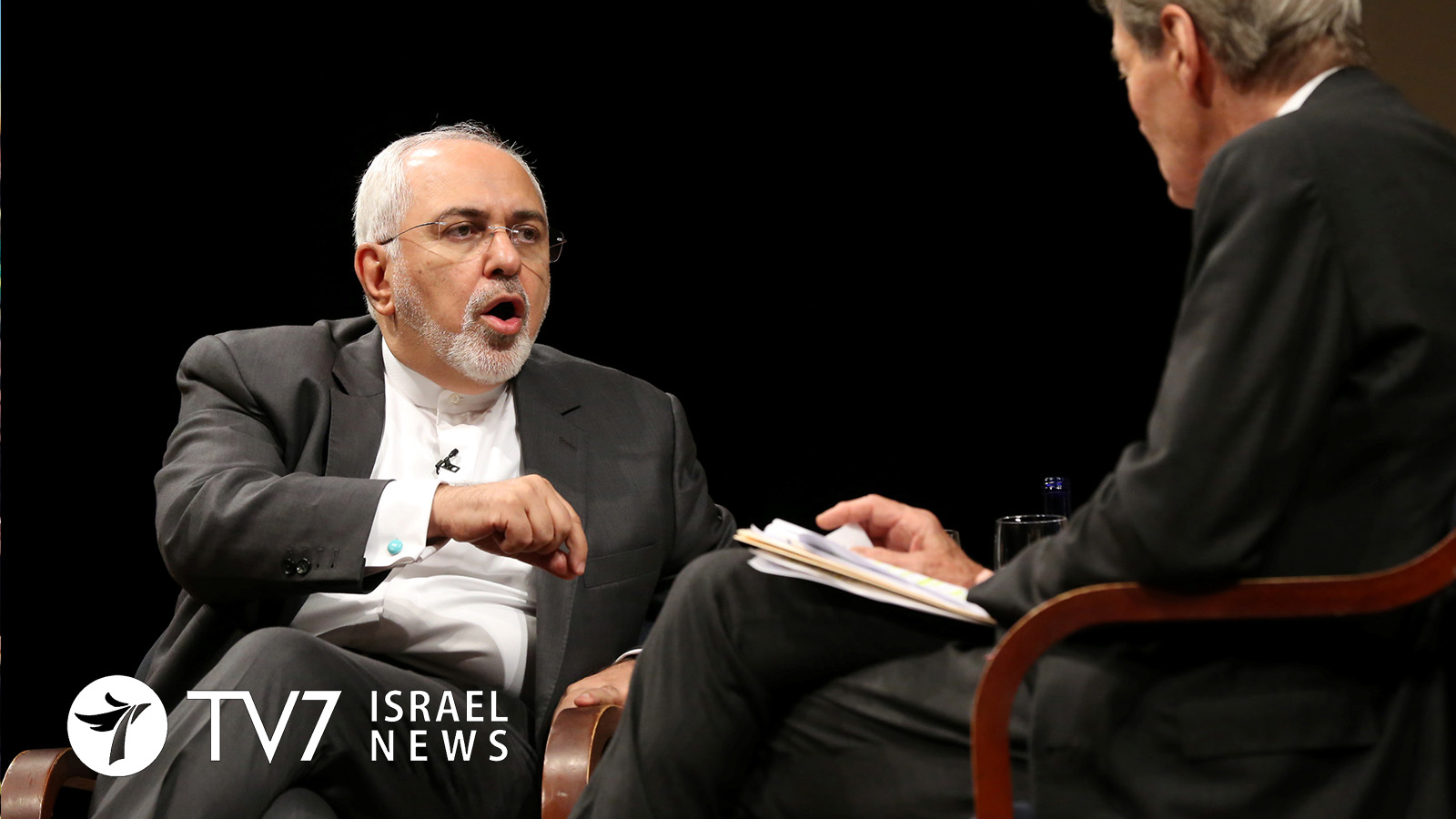Iranian Foreign Minister Mohammad Javad Zarif warned the United States not to designate its elite Revolutionary Guards as a terrorist organization, stressing it would position Washington in the same camp with terrorists. Zarif said, “We have repeatedly said that the Islamic Revolutionary Guards Corp is the pride of the country and it guarantees our country’s defense, preservation of the (Iranian) revolution, and the defense of our borders. The role of the IRGC was extraordinary during the Imposed War (Iraq-Iran war 1980-1988). Americans, by taking such steps, will only isolate themselves further from the Iranian people and become more notorious in their eyes,” he said.
US President Donald Trump is expected to announce this week his final decision on how he wants to contain Iran’s aggressive regional influence, including an expected decision to designate Iran’s most powerful armed forces, the Islamic Revolutionary Guards Corp as a terrorist organization, as well as a very important conclusion on whether to certify Tehran’s compliance with the international nuclear agreement, which effectively limited the Islamic Republic’s nuclear program in exchange for crippling sanctions relief. The upcoming decision on the nuclear agreement, which is scheduled for the 15th of October, has raised concerns among the other international powers that formulated the accord regarding the fate of the deal. The United States, under the Obama Administration, was only one of six that reached the international agreement, with Russia, China France Britain plus Germany, making up the negotiators team with Iran. Leaders of those countries have been reluctant on hurting the nuclear deal, which they define as a historic success. Efforts were made by those countries to provide additional assurances to Washington that would convince the Trump Administration to keep the agreement alive. Among others, German Foreign Minister Sigmar Gabriel stressed that Berlin was ready to increase pressure on Iran, with diplomatic means, but that it was not willing “to see this agreement damaged.” Sigmar said, “We are worried by the signals coming from the U.S. which suggest that the U.S. president will declare to the members of parliament and the senate that from his point of view the Iran nuclear deal is not complied with.” He added that Germany’s “big concern is that the security situation would get worse if the U.S. rejects the Iran nuclear deal, and not better. We do not achieve a better security situation but rather we are in danger of falling back to a time when Iran participated in the development of nuclear weapons, and that there are new military dangers in the making there,” the German top diplomat warned. In response to the recent developments on the matter, and the anticipated decision by President Donald Trump; Ali Akbar Velayati, the top adviser for Iran’s Supreme Leader, Ayatollah Ali Khamenei declared that the Islamic Republic will keep “all options on the table” and “will respond to any American decision against it.”
